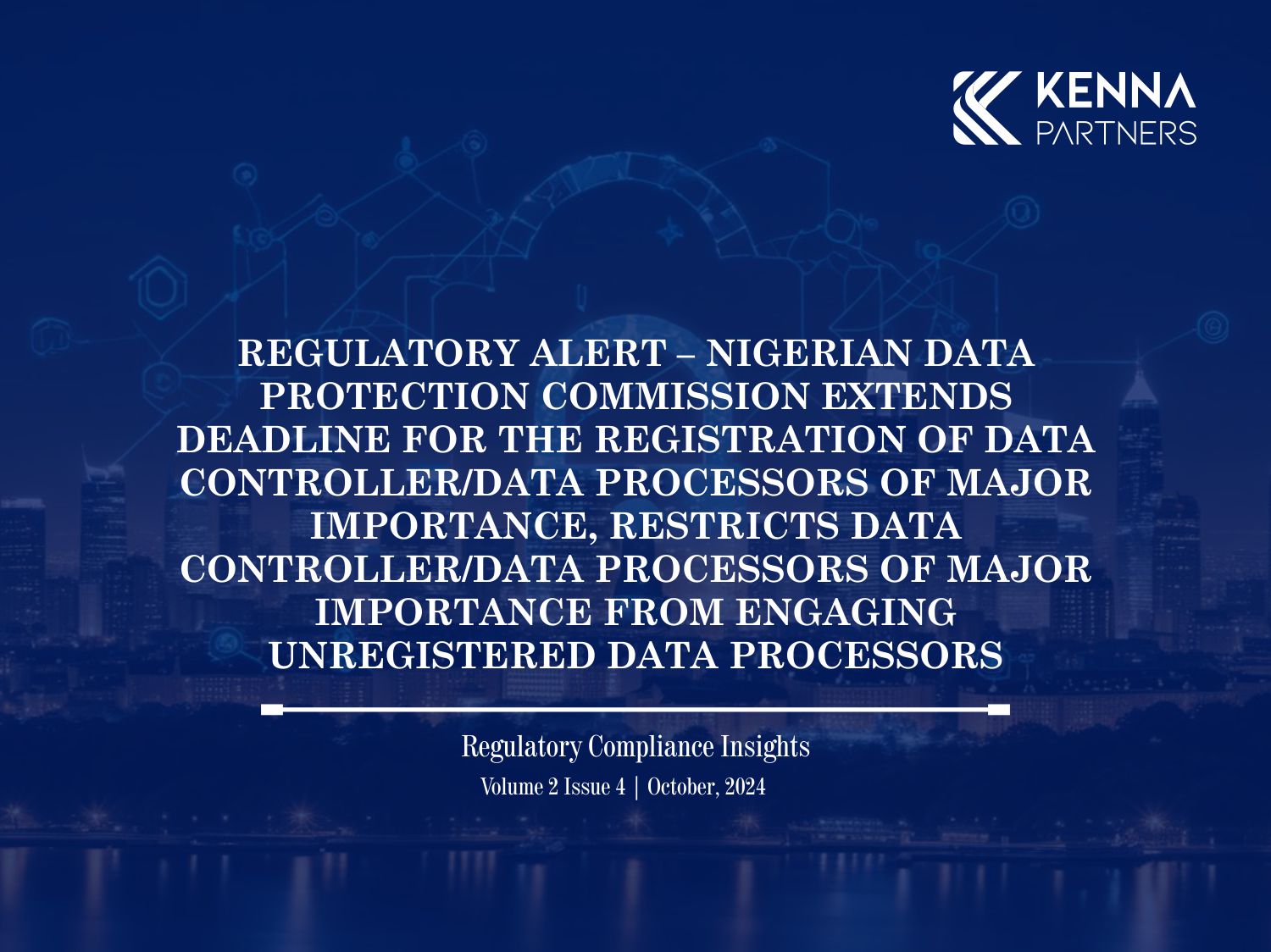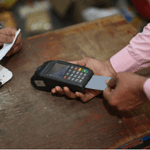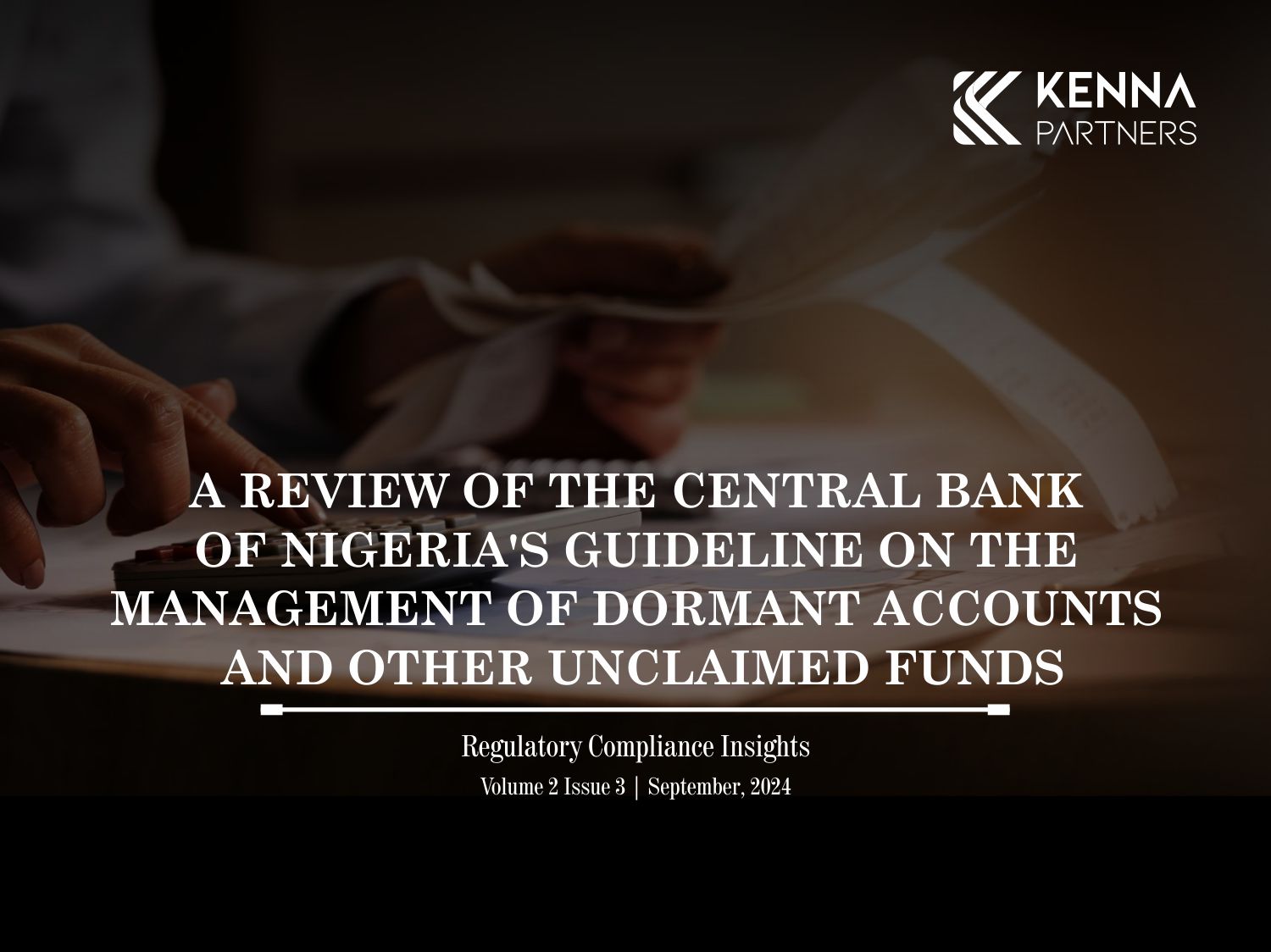

The means of making payments evolved from the barter system to a value system represented by physical equivalents of currency such as banknotes and cheques. In today’s digital world, payments are made using abstract currencies and cloud-based systems and infrastructure. These systems and infrastructure are known as payment systems.
Payment systems are defined as the mechanisms that facilitate the clearing and settlement of monetary transactions . Biago & Massimo defined payment systems as the infrastructure consisting of institutions, instruments, rules, procedures, standards and technical means established to effect the transfer of monetary value between parties discharging mutual obligations.
Whilst there are traditional/physical types of payment systems such as those utilized by banks, this paper will focus on the modern/digital aspects of payment systems. This paper will examine the evolution of payment systems in Nigeria from manually processed cash transactions to digitised payment systems. It will analyse the current legal framework for digital payment systems, consider the impact and challenges of digital payment systems and evaluate the future of payment systems in light of the development of the Nigerian economy.
No results found.


On July 19, 2024, the Central Bank of Nigeria (CBN) issued the revised guideline on the management of Dormant Accounts and other Unclaimed Funds. This

On May 13, 2024, the Nigerian Upstream Petroleum Regulatory Commission (NUPRC) announced the commencement of the 2024 Nigeria Petroleum Licensing Round and the resumption of
